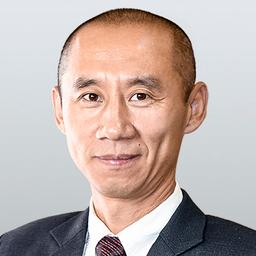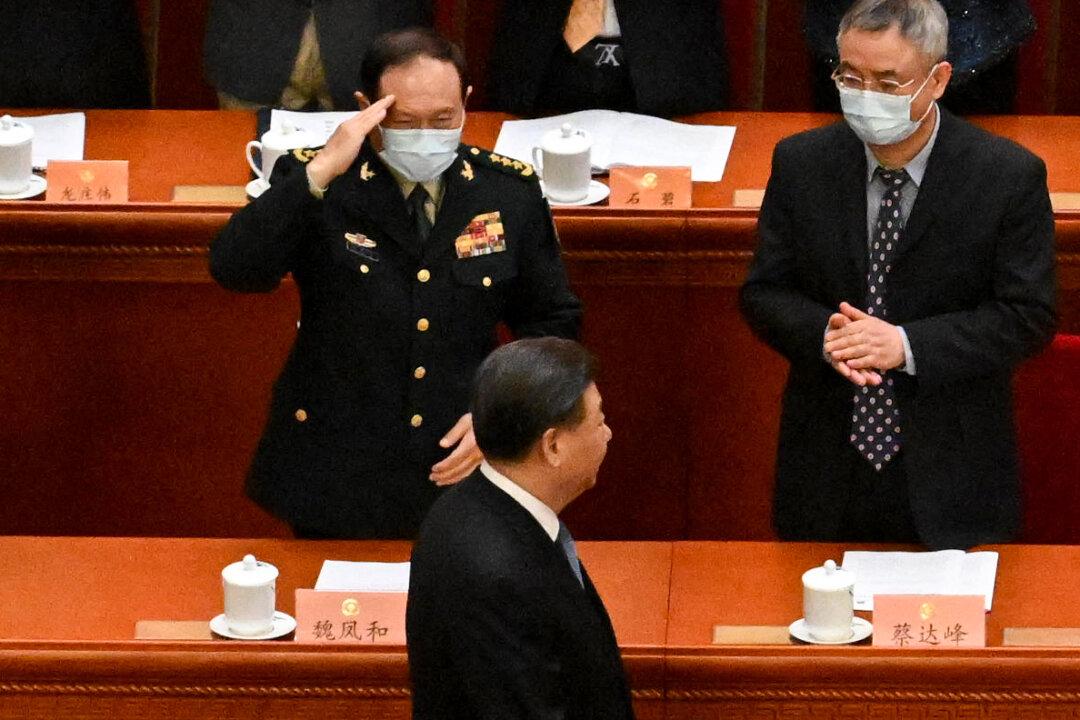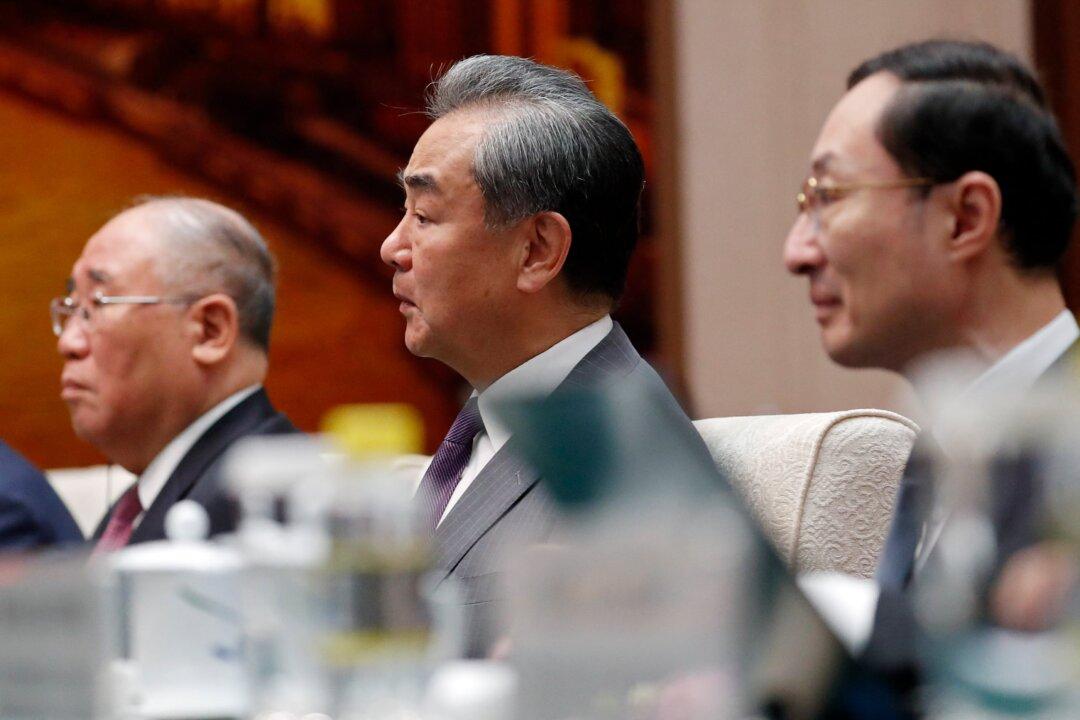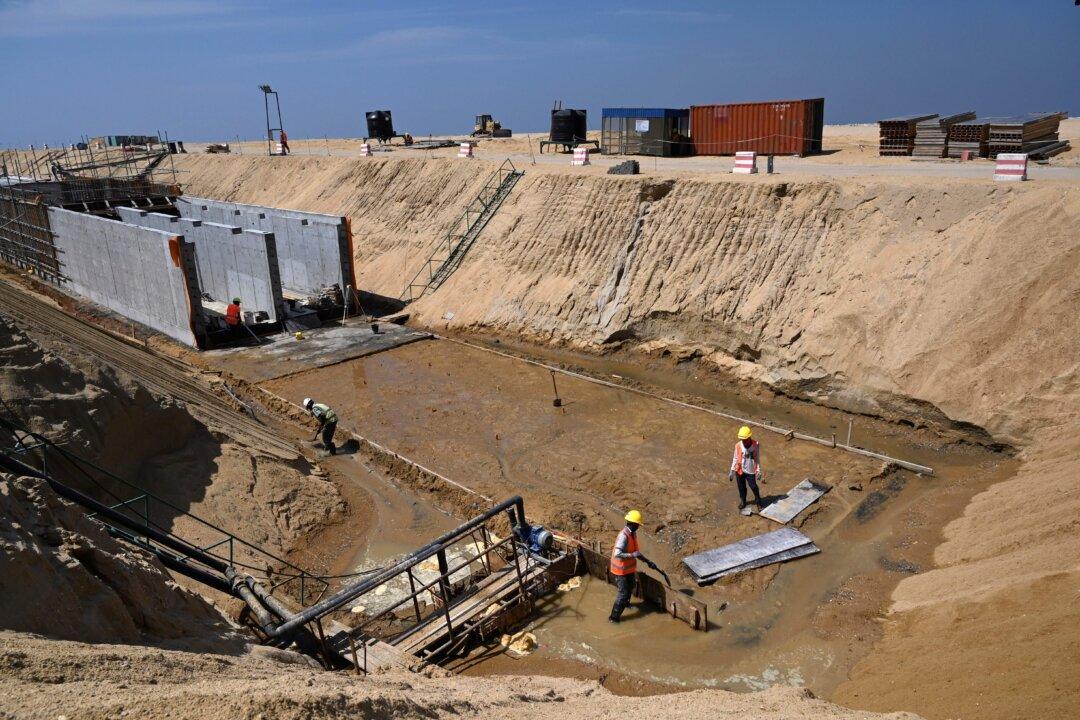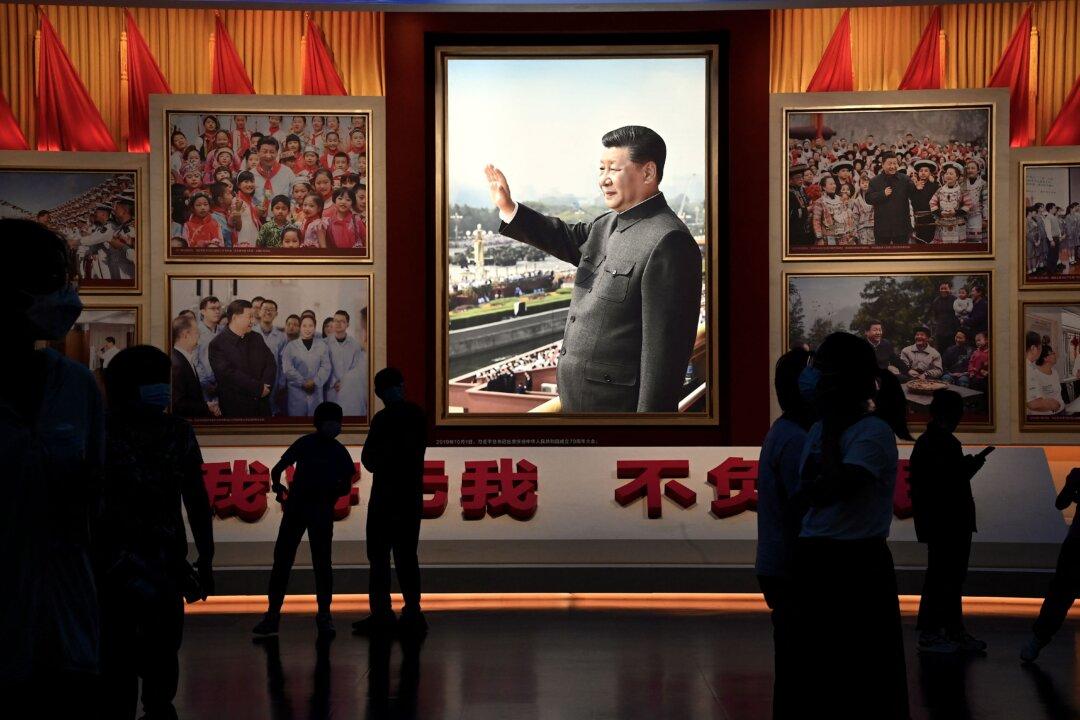News Analysis
While Vanke, a major Chinese real estate development company, set its target on fighting to survive in 2022, another real estate giant Evergrande was on the verge of a liquidity crisis. In the past years, changing policies and the “making-big” ambition of China’s Communist government have tipped the country’s real estate sector into a life-or-death situation because it is overloaded with debts.

